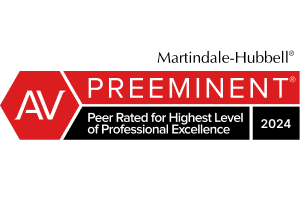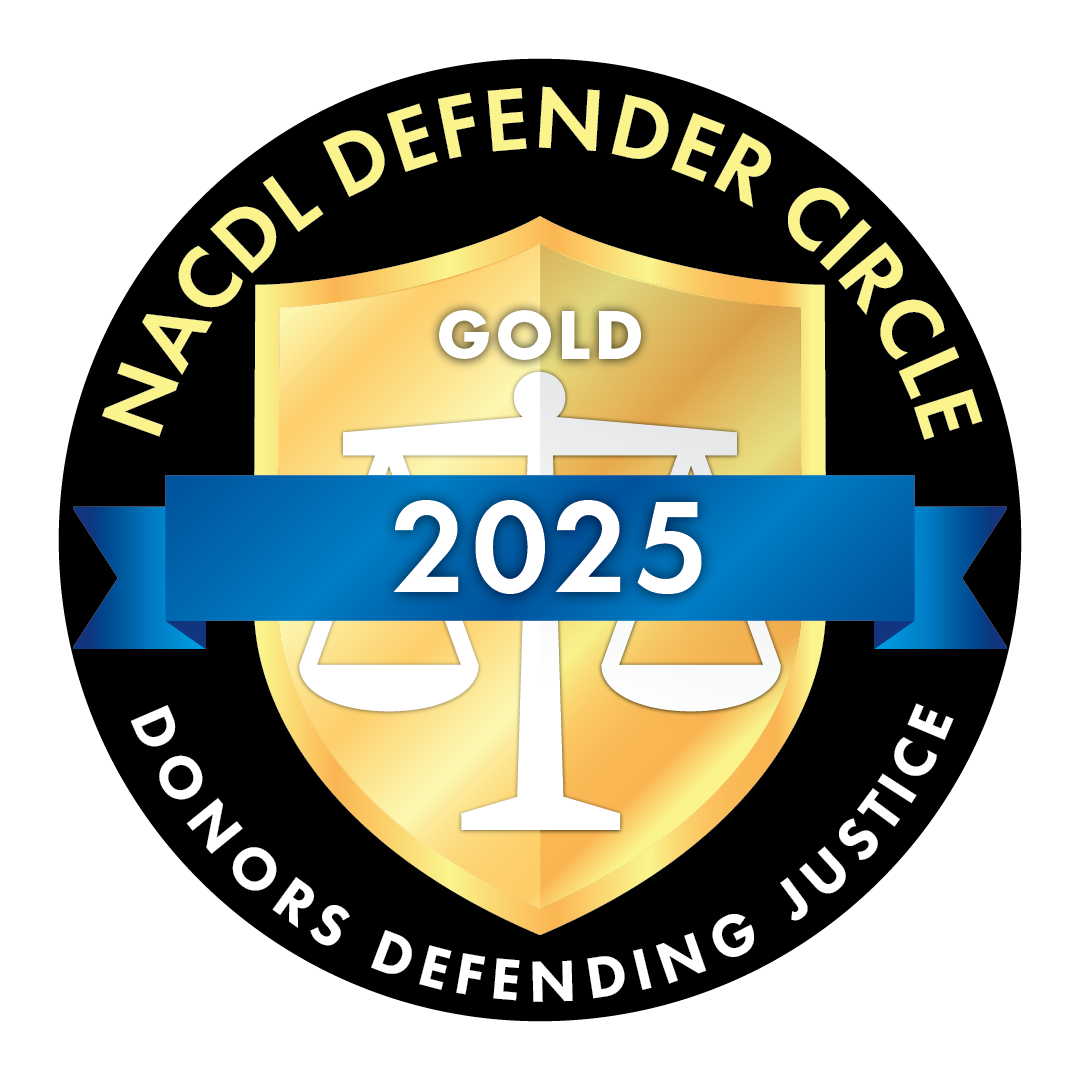- Free Consultation: 617-227-3700 Tap Here to Call Us
The Role of Ineffective Assistance of Counsel
According to the Sixth Amendment in the U.S. Constitution, every defendant has a right to a fair trial, which includes the right to effective assistance of counsel – whether the defendant retained services from a private criminal defense attorney or was appointed a public defender by the court. When a criminal lawyer fails to act in a competent manner, such action is known as “ineffective assistance of counsel,” which is a violation of a defendant’s constitutional rights and can result in an overturned conviction.
The following are the elements a defendant must prove that his/her lawyer was ineffective:
- The attorney’s performance was considered “unreasonable” – “Reasonableness” is generally determined by the legal strategies the lawyer used, the court rules the lawyer chose to follow, the ethical duties imposed by the lawyer, and the available evidence. Although the courts typically presume that an attorney’s representation was reasonable, such conduct is only questioned if the lawyer cannot explain his/her actions or there is an obvious indiscretion.
- The defendant experienced prejudice because of his/her attorney’s conduct – Prejudice occurs when there is a “reasonable probability” that a lawyer’s errors would have led to a different outcome. Similar to determining reasonableness, the courts will review the facts and circumstances in a case.
The courts will determine ineffective counsel based on the “fundamental fairness” of the outcome, rather than use mechanical rules. Furthermore, the court will not address a case in a specific order or perform both parts of the test mentioned above if the defendant does not provide evidence of each.
Common examples of ineffective counsel include:
- The lawyer fails to object to the use of the defendant’s incriminating statement
- The lawyer fails to object to errors in a presentence report
- The lawyer fails to object to the defendant’s excessive sentence
- The lawyer failed to file an appeal
The available remedies for defendants who have experienced ineffective counsel depend on the stage of the case where ineffective was founded. If the case is still ongoing, a defendant may request new defense counsel. If there is a finding after a trial, then a guilty defendant will have his/her verdict reversed and the court will order a new trial. If there is a finding during sentencing, then the court will vacate the sentence and resentence the defendant.
If you are interested in appealing a lower court’s decision due to a legal error, contact Martin G. Weinberg, Attorney at Law today at 617-227-3700. Let more than 40 years of legal experience protect your rights and freedom.












